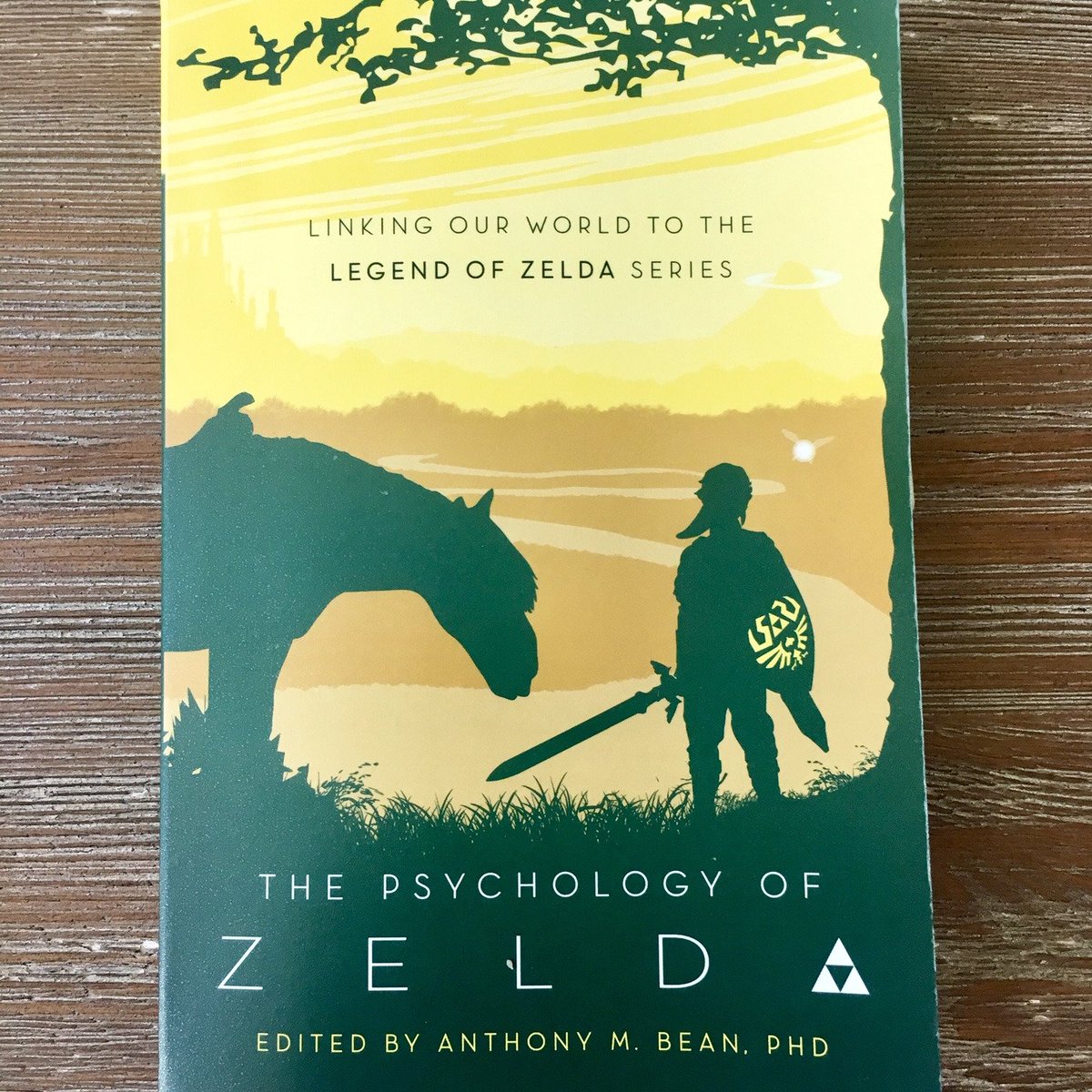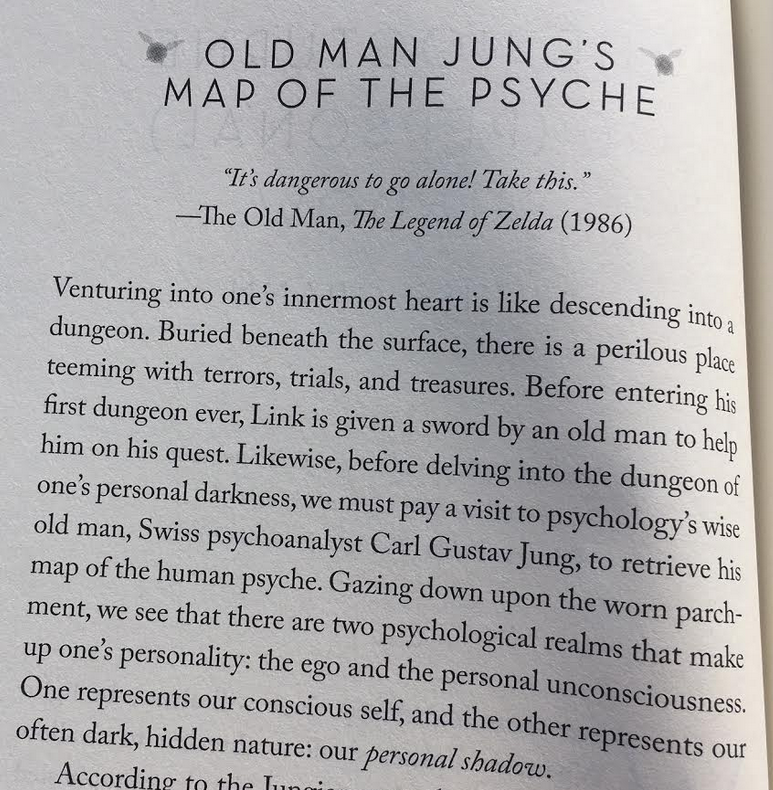these concepts are qualities that, at some level, each of us aspires to as we journey through life."
[...] Throughout gameplay, he is labeled an outcast and even a scapegoat for the world’s problems at times—even though he is the destined hero.”
Consider giving some of its contributors a follow, their essays were 👌
@VideoGameDoc
@ZeldaUniverse
@Stevagorn
@ladytaochi
@FusRoDoc
@mindbodyfandom
@silnan
@WindGoodfriend
🧠 amazon.com/Psychology-Zel… ⚔️






